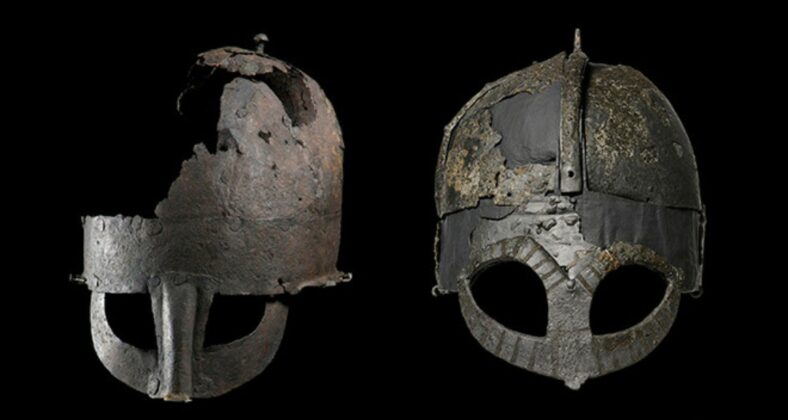In the unassuming town of Yarm, nestled in the heart of northeastern England, an extraordinary archaeological find from the past has resurfaced, shedding new light on the region’s Viking heritage. The discovery of a delicate yet intricate metal helmet, initially dismissed as a prop, has captivated the attention of historians and archaeologists alike, leading to a remarkable reevaluation of our understanding of the Vikings’ influence in this corner of the British Isles.
The Helmet’s Rediscovery
In the 1950s, during a routine sewer installation project, workers in Yarm stumbled upon a remarkable artifact – a thin, metal helmet that would eventually challenge the conventional narratives surrounding Viking presence in the area. At first, the helmet was dismissed as a mere historical reenactment prop, its fragile appearance casting doubt on its authenticity.
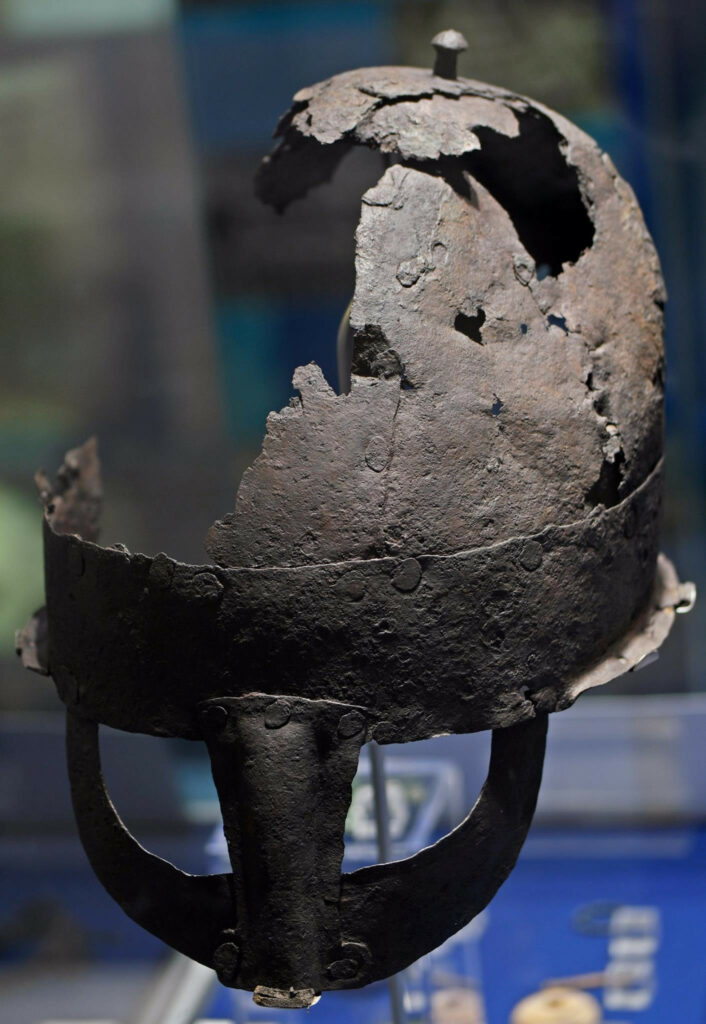
Scientific Analysis Confirms Its Antiquity
Decades later, a team of archaeologists led by Chris Caple from Durham University took a fresh look at the Yarm helmet, determined to unravel its true origins. Through the application of modern scientific techniques, the researchers made a remarkable discovery. The presence of minerals like vivianite and akaganeite on the helmet’s surface provided crucial evidence of its age and preservation conditions, confirming that this was indeed a genuine medieval artifact, predating the Norman Conquest by nearly a century.
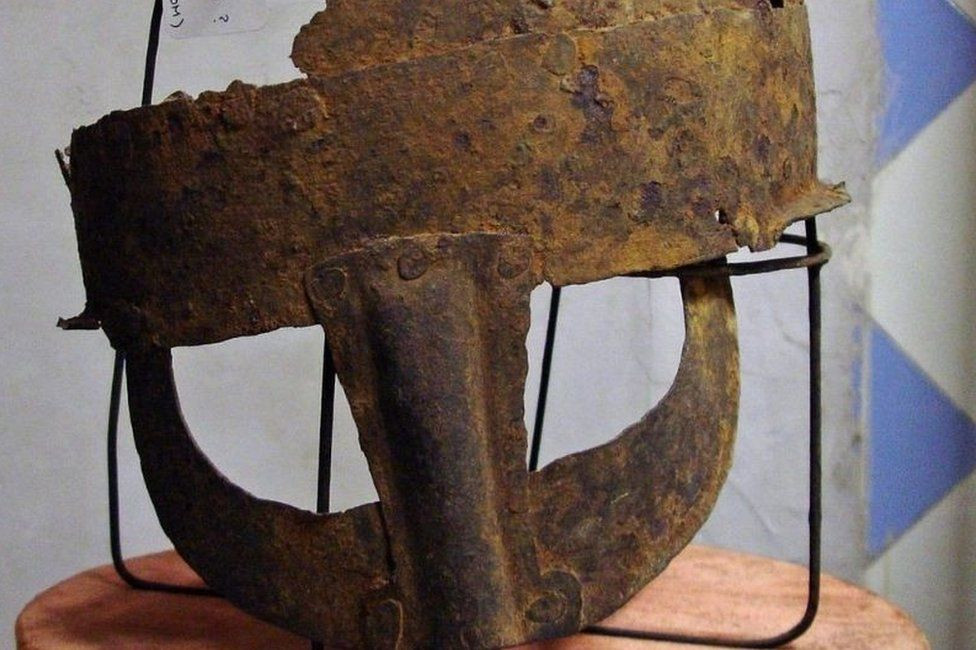
A Unique Blend of Styles
The Yarm helmet’s design is a testament to the cultural exchange and hybridization that characterized the Viking era in northern England. The artifact’s combination of Anglo-Saxon and European stylistic elements suggests that it belonged to a Viking settler who had integrated into the local community following the Norse invasions of the 8th century.
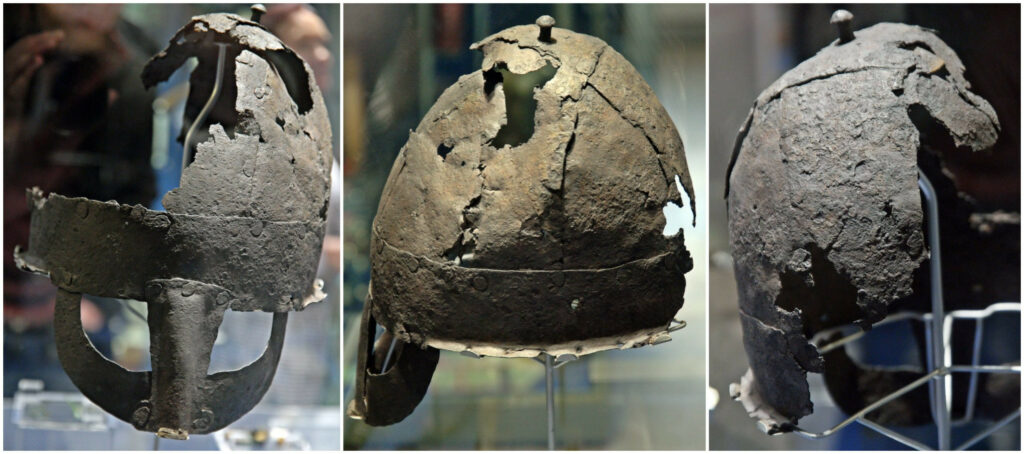
Insights into Viking Craftsmanship
The Yarm helmet offers a rare glimpse into the technological prowess of Viking metalworkers. Its construction, featuring lightweight yet sturdy hot-punched rivets and thin metal plates, demonstrates the ingenuity and skill of these ancient craftsmen, who were able to create a functional and visually striking piece of headgear.
Preserving the Viking Legacy
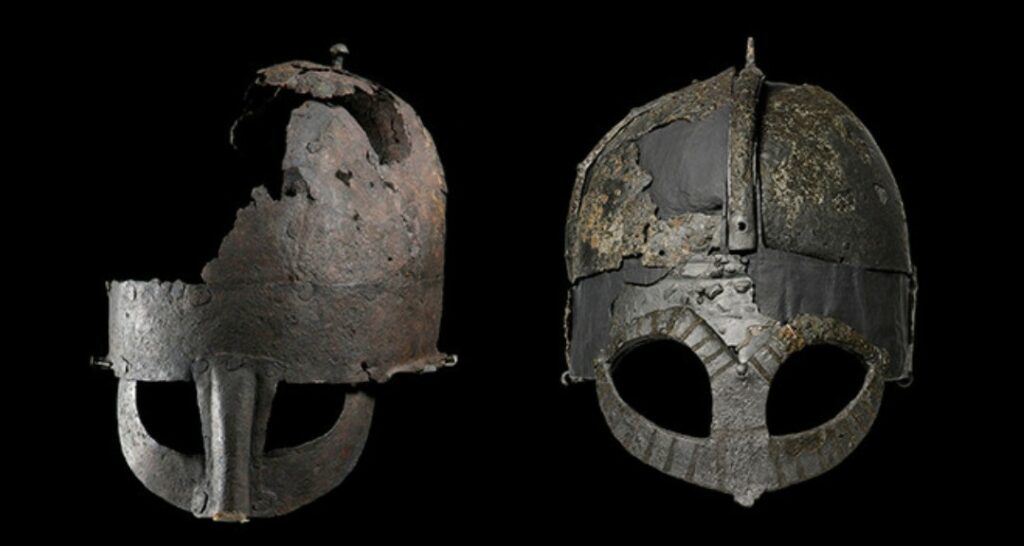
The rediscovery and authentication of the Yarm helmet serve as a powerful reminder of the enduring impact of the Vikings on British history. This well-preserved artifact not only illuminates the technological advancements of the era but also deepens our understanding of Viking culture and its influence on medieval England.
The Transformative Power of Modern Research
The story of the Yarm helmet highlights the importance of perseverance in archaeological research and the transformative power of modern scientific methods in uncovering hidden histories. By reevaluating this long-overlooked artifact, researchers have been able to challenge preconceived notions and uncover a remarkable chapter in the region’s past.
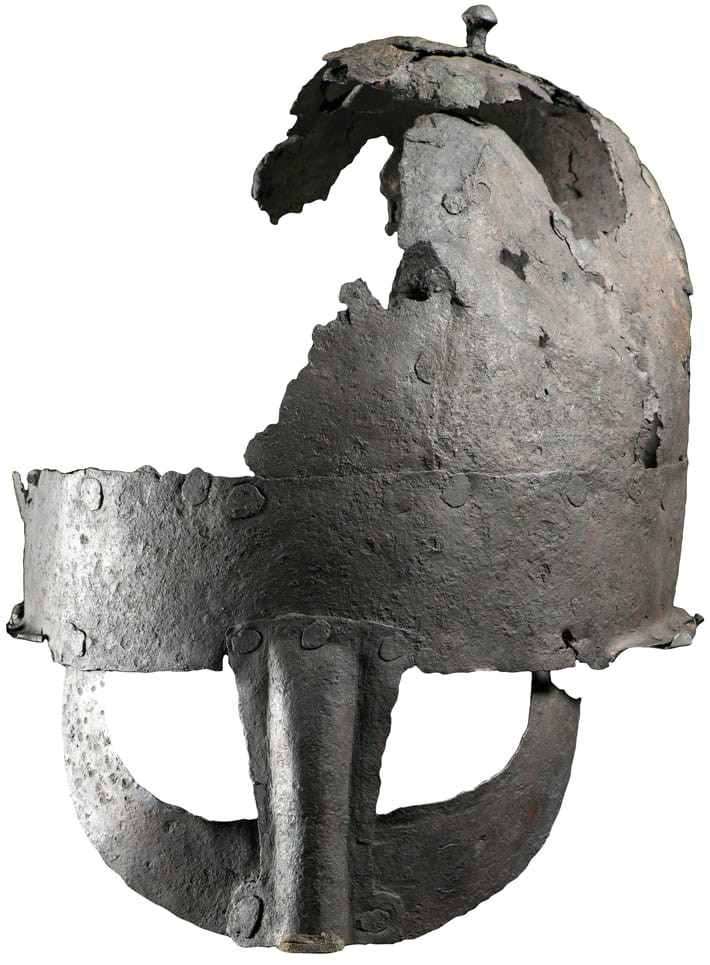
Conclusion
The Yarm helmet stands as a testament to the rich and complex history of northeastern England, where the legacies of Anglo-Saxons, Vikings, and Normans have intertwined to create a tapestry of cultural exchange and innovation. This remarkable discovery serves as a poignant reminder that the past is never truly gone – it waits patiently, ready to be rediscovered and reinterpreted, shedding new light on the stories that have shaped our world.
